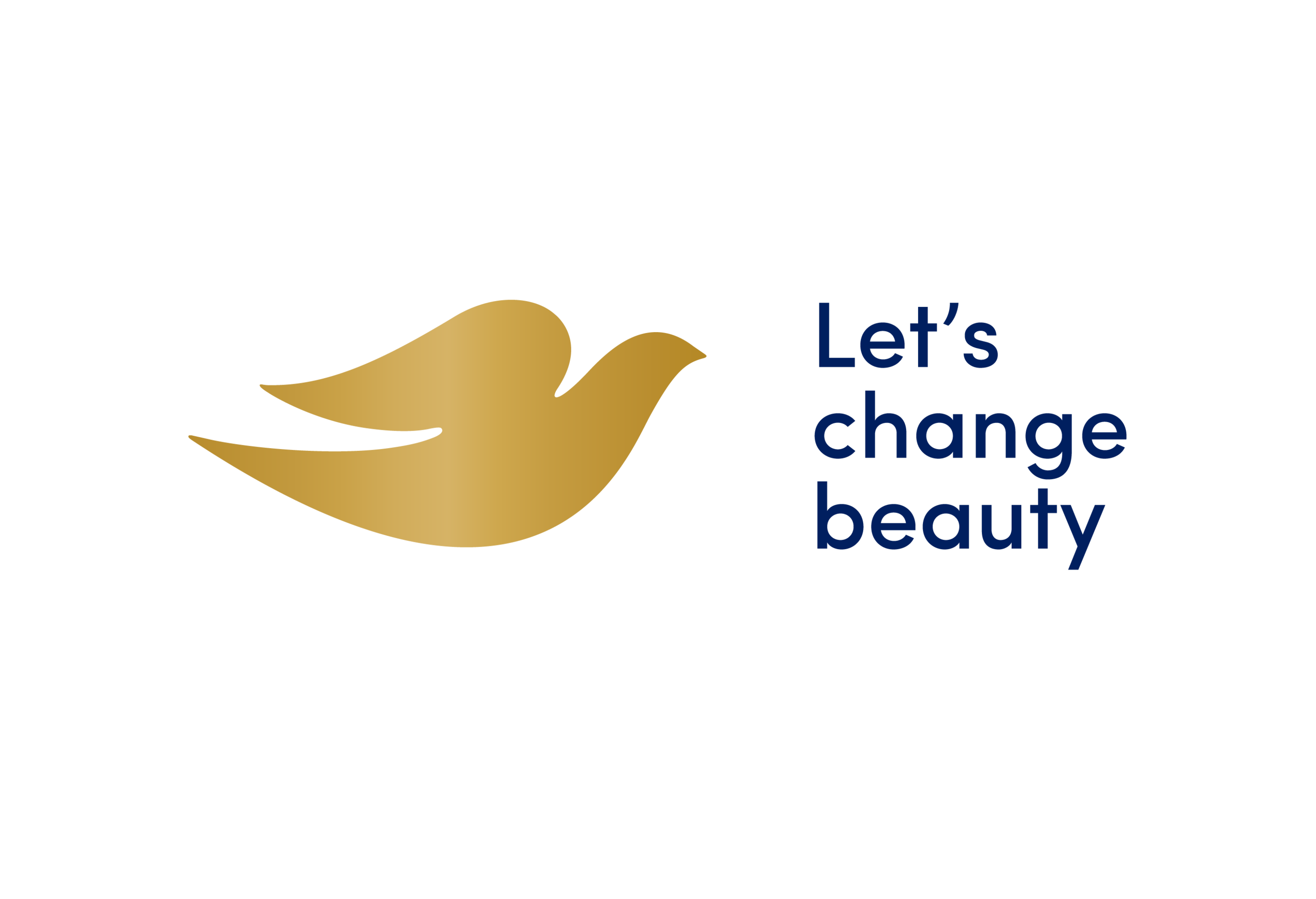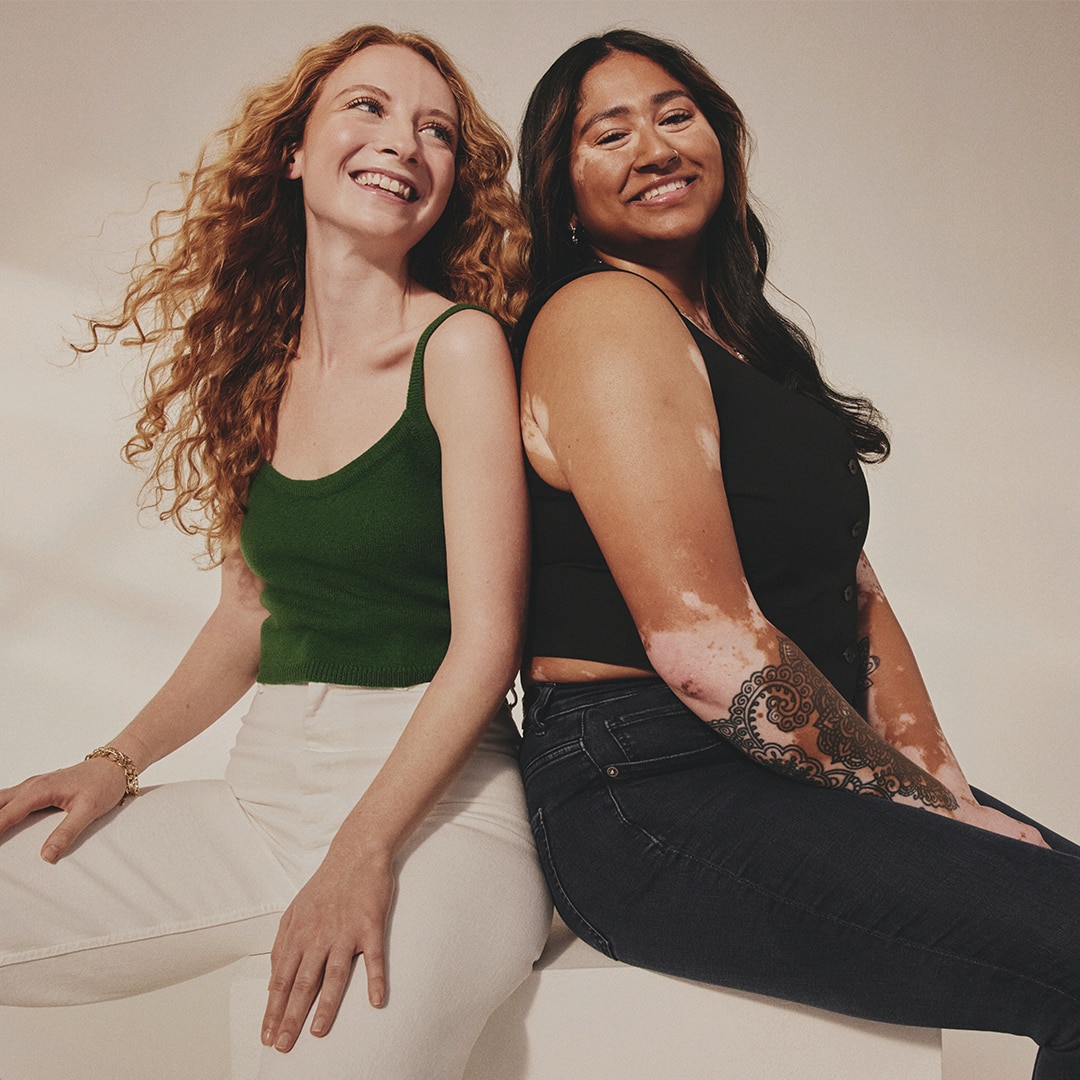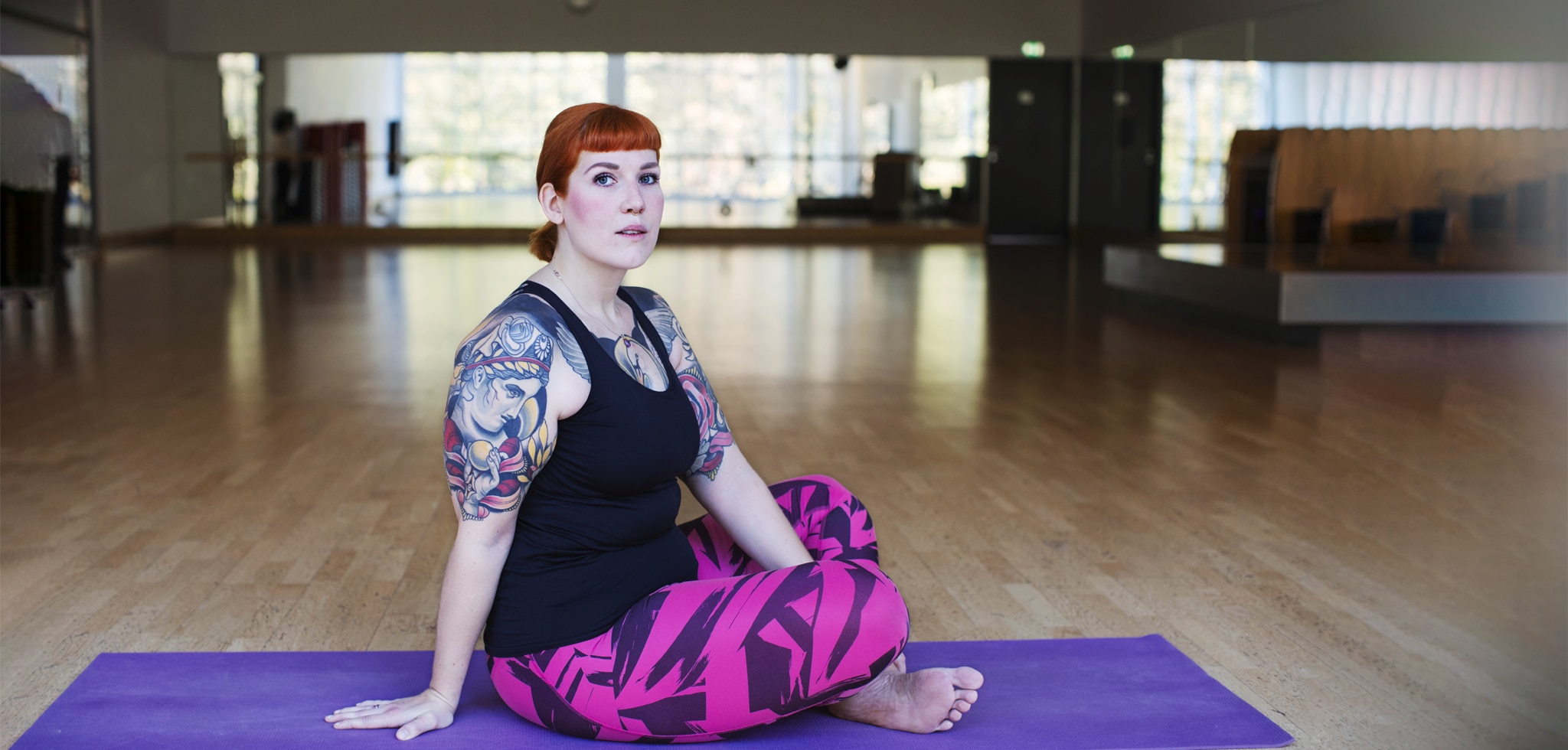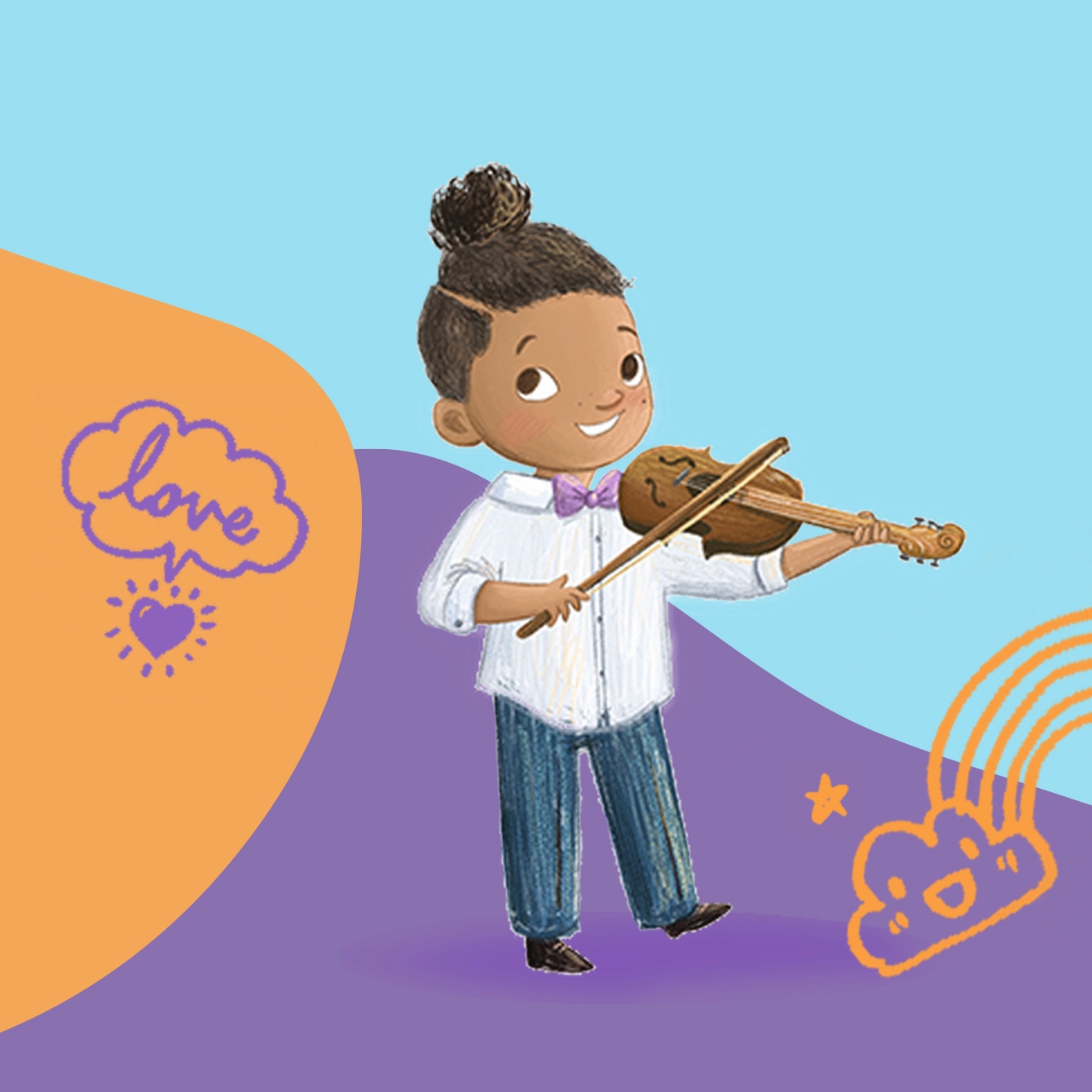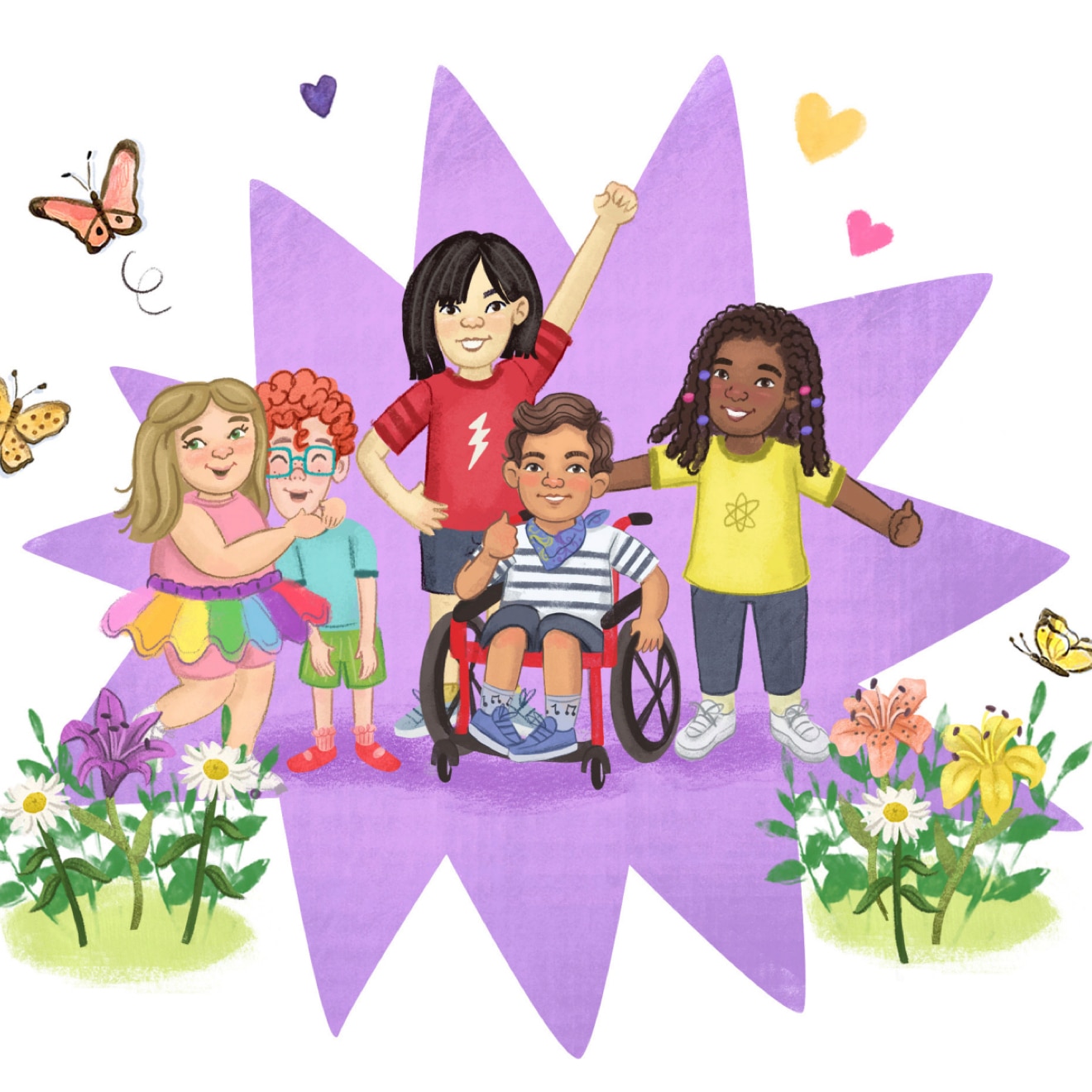Despite the growing body neutrality movement, we live in a society that still places much value on how we look. Appearance discrimination can manifest in myriad ways, impacting self-esteem and body confidence as well as education and employment opportunities. Some seismic changes need to happen to make society a fairer and kinder place for everyone, regardless of appearance. Read on to find out more.
Currently, discrimination based on appearance is not protected by federal law. However, discrimination can intersect with legally protected categories, such as physical disability discrimination, racism, ageism or sexism. So what are appearance discrimination examples? These could include someone not being hired because of their size, an employer requesting someone cut off their dreadlocks or color their gray hair to fit a company presentation policy or a stranger offering uninvited comments on hair texture or body shape. Whether overt or indirect, these comments and requests are hurtful, intimidating and offensive.
If you experience appearance discrimination, it is vital to reach out for mental health support and not face this alone. According to the American Psychological Association, support systems are particularly important for combating appearance discrimination, as we can internalize other people’s negative beliefs, even when we know and believe they’re not true. So having family and friends who can remind you of your worth will help reframe those beliefs.
Finding ways to accept and appreciate yourself – exactly as you are – will help build self-esteem and body confidence and counter negativity. Remind yourself of your strengths and values, give your body credit for all it’s experienced, and find time to appreciate yourself and all you have done.
The more people challenge and raise awareness of these issues, the more we can collectively combat physical appearance discrimination. If you witness appearance discrimination, don’t stay silent. If it happens, speak to a trusted colleague or manager. If you’re at school, explore with your peers and teachers how to create a more inclusive environment, while being hyper-vigilant to any bullying that might take place. Learn how to speak out about hair discrimination and sign the petition to protect styles of racial and cultural expression.
Social change needs activists to call it out, so feel confident that challenging these comments, when it is safe for you to do so, is the right thing to do.
